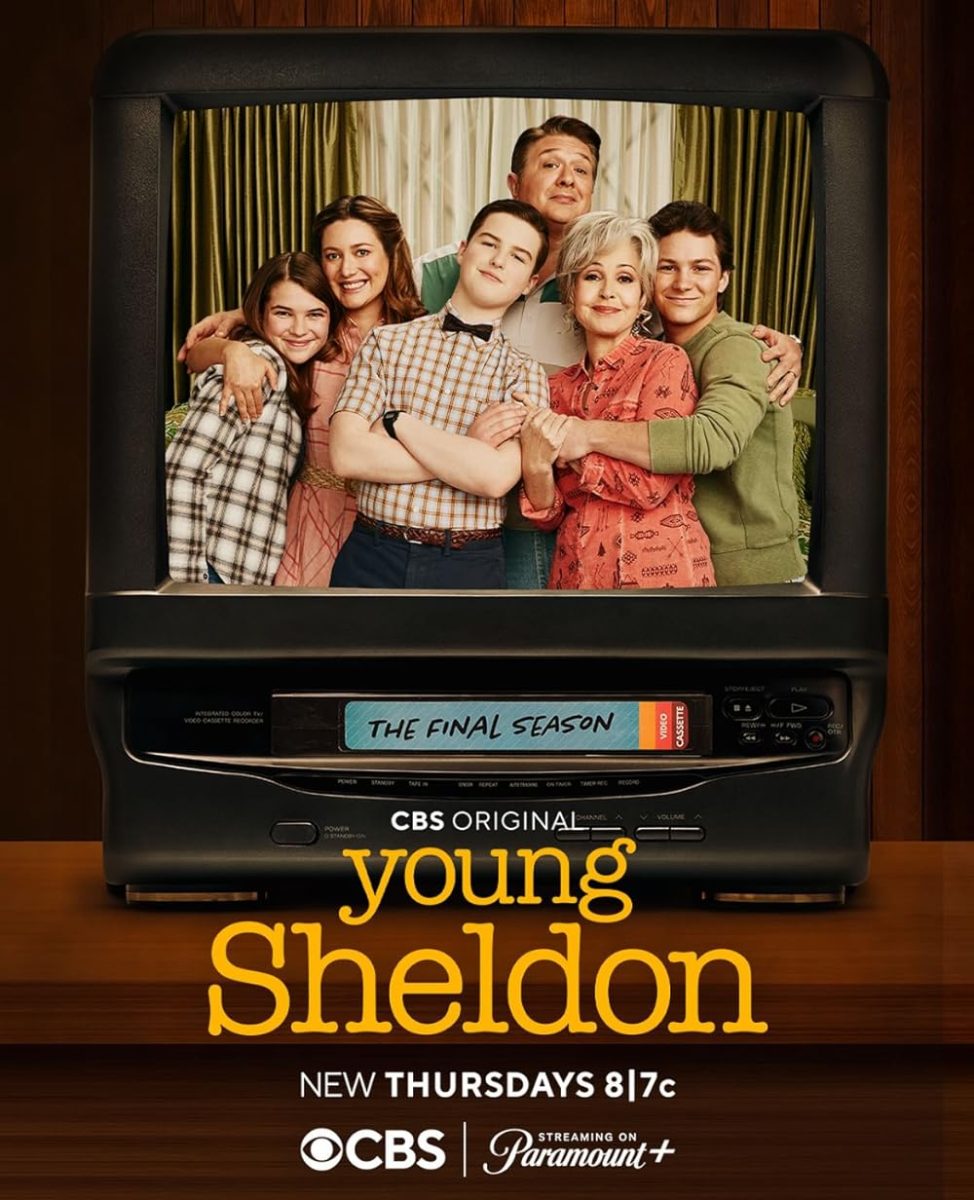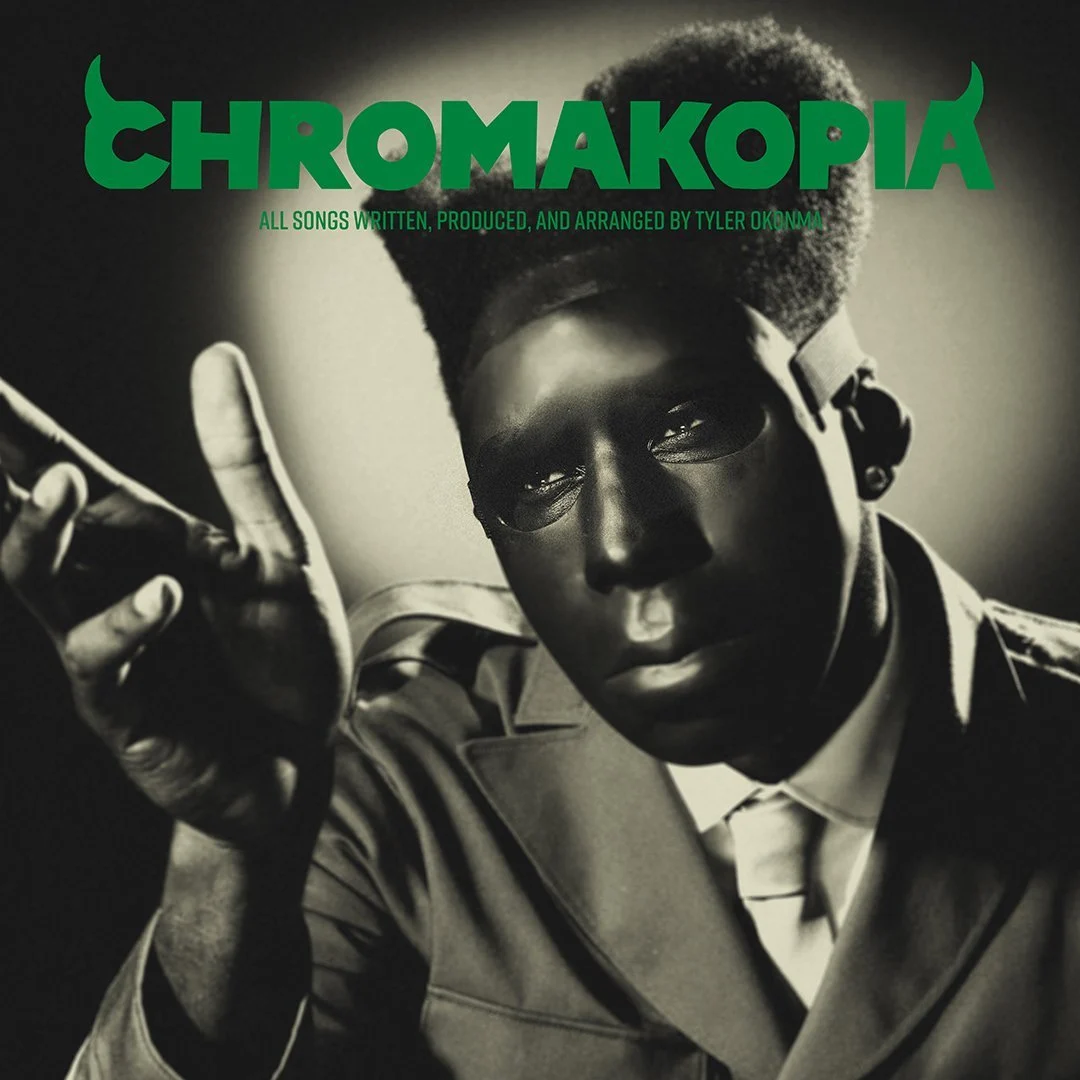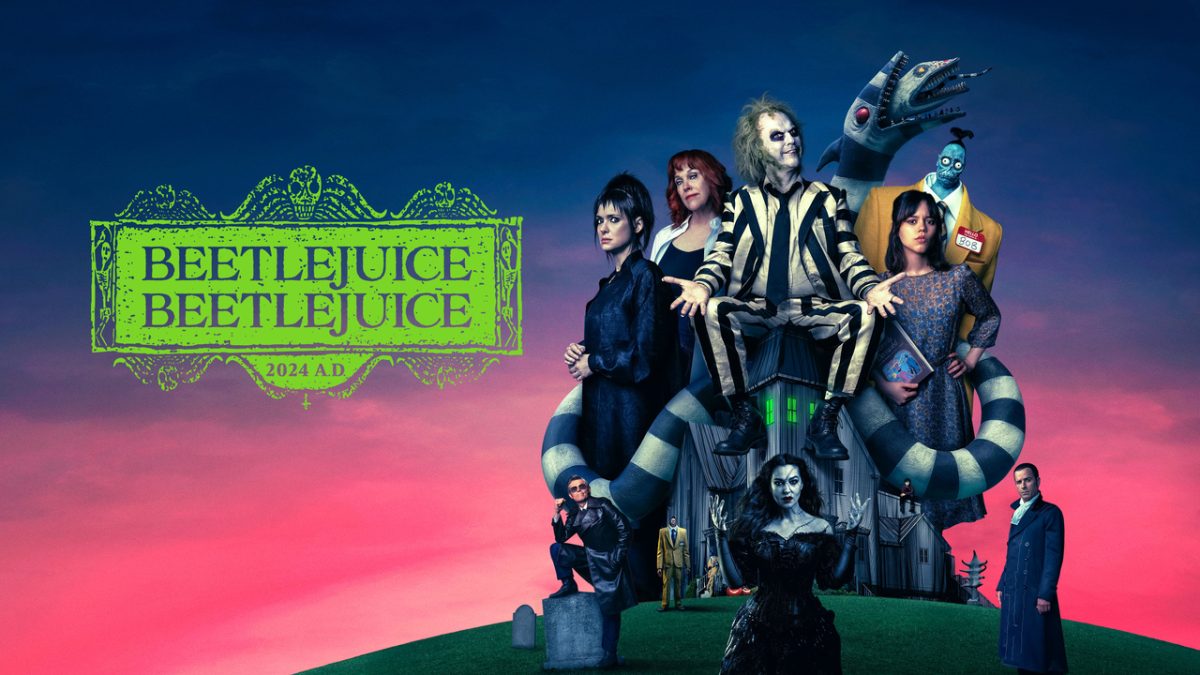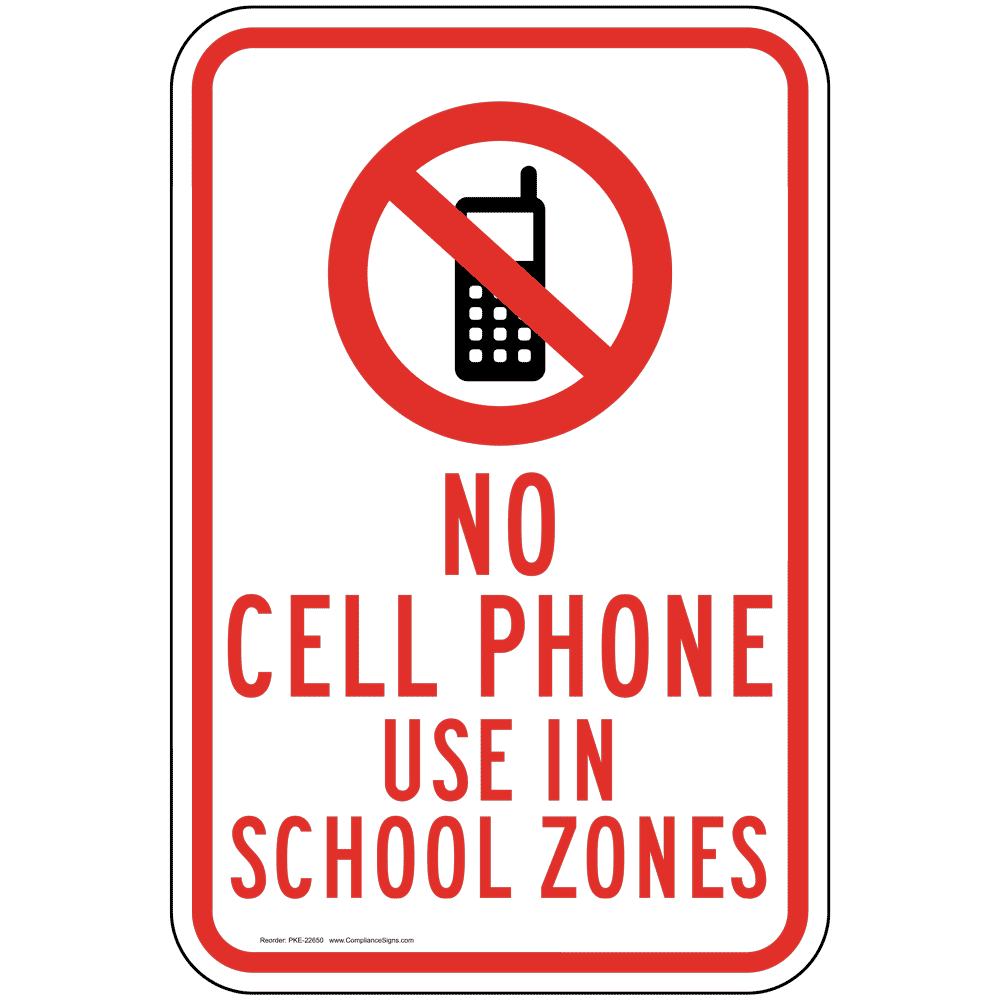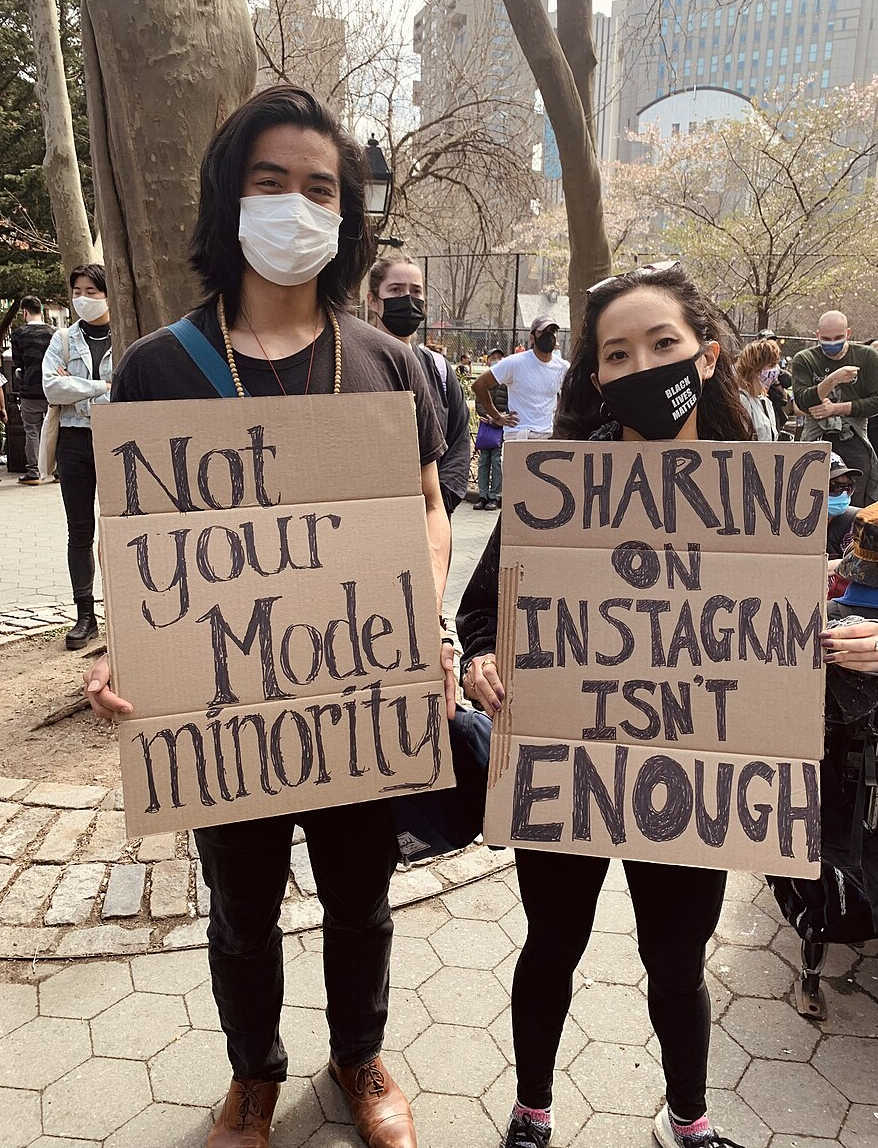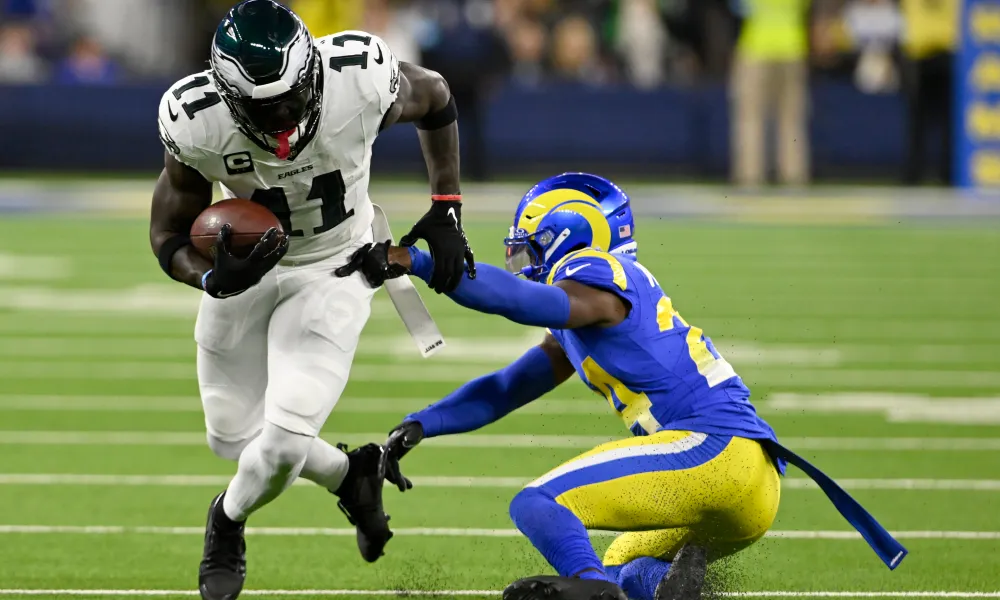April is Autism Awareness month, and in modern-day media, the use of autistic characters in the main storyline of TV shows and movies has become more common. Whether it’s explicitly stated that the character is on the spectrum, or hints at it, it provides a new realm of representation for an under-represented group. Although this is a step in the right direction for recognizing all people who live in our society, is the group getting the representation they deserve when the actors themselves are not on the spectrum?
Many TV will cast actors not on the autism spectrum to take roles of characters who are. This can lead to them portraying degrading stereotypes that paint people on the spectrum of one certain look. Representing a group like this can be harmful, especially if the actor already has a large following because now it makes it seem like it is okay to assume that all autistic people act in a certain manner.
A notable time of autism being portrayed in a negative light was in the TV Show “Girl Meets World.” “Girl Meets World” is a Disney spinoff of “Boy Meets World” which in its time “Boy Meets World” stood as a progressive show highlighting hard-to-talk-about subjects, the spin-off however was not as progressive. In the episode “Girl Meets Farkle” the main character’s friend, Farkle, is tested for autism, and once his friends find out, they freak out and get scared of the fact that he might be autistic.
The name for the episode was originally “Girl Meets Normal” further showcasing negative stereotypes surrounding autism. In the episode his friends try to change who he is, reading the traits associated with his disorder and saying things like “That is just a thing he does, and he will never do it again.” Scenes like these give autistic people a sense of not belonging, as he is being treated as if he wasn’t a normal person, simply over the fact that he is being tested for autism.
Things become tricky when the stereotypes being portrayed aren’t bad but the actor still is not on the autistic spectrum. A prime example of this is “Young Sheldon” and “The Big Bang Theory.” These shows follow the brilliant character Sheldon Cooper as he navigates through his life as a genius. Sheldon does not have an official diagnosis in the show, however, it is heavily hinted that he is on the Autistic Spectrum, and it is widely assumed by the majority of the fan base that he has Asperger’s syndrome.
The two things that need to be considered are if it is okay to assume that a character has a medical disorder, and if it is widely assumed that he is, is the actor portraying it respectfully. I think the assumption that Sheldon has Asperger’s syndrome isn’t a negative thing; I think it allows people who identify with this Syndrome to see a part of themselves in them. A major problem with this is that the directors of the show brushed this off and said that his actions were just meant to be “Sheldony,” which is a harmful thing to do. Creating a character who shows strong signs of Asperger’s syndrome and denouncing it as almost a wacky trait he has completely stripped the representation of the syndrome in the show, making it seem like a silly trait people have rather than the serious thing it is.
I also think that the directors who denounce the syndrome did so to justify not having someone who has Asperger syndrome to play the character. By playing the syndrome as a trait that the character has rather than a diagnosis, it doesn’t require someone with the syndrome to play the character. This mindset is harmful in the entertainment industry for numerous reasons. Representation is best done when people are represented by people like them. This is why it is important to people for things like Disney princesses to represent a wide spread of people, and why people are so passionate that they get things like race and ethnicity accurate when casting a live-action, it’s empowering to see someone like you on the screen. Not having an actor who experienced living with Aspergers takes that ability away from people, while also reducing opportunities for actors with Aspergers, or any autistic disorder.
Autistic people are normal people in society. They deserve to be represented in the TV shows that we all watch, not as “The autistic character” where it’s their defining trait, but as the human beings they are. The way autism is being portrayed now is harmful and can influence the younger generation who may be watching these shows. Change is needed in the entertainment industry.


